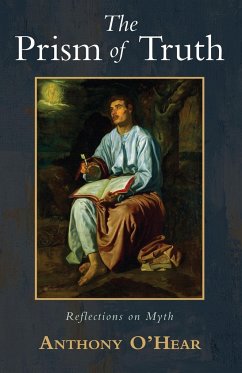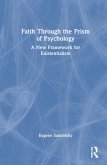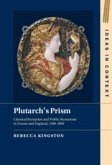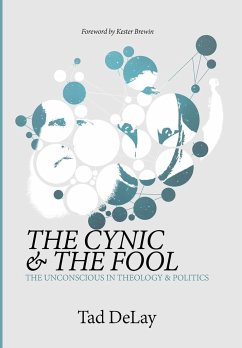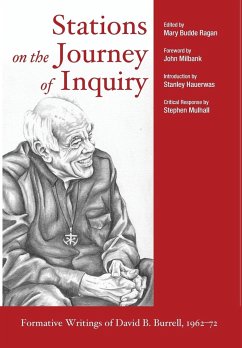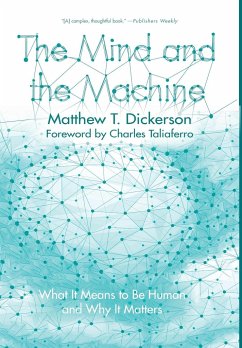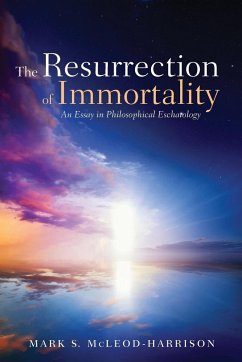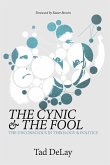An ultimate God, being transcendent, is beyond description in literal terms; our knowledge of the divine nature must be indirect. A prime means of such an indirect approach to the divine is through the religious mythologies that have captivated humankind throughout recorded time, and even earlier. After considering the limitations of scientific thinking in dealing with questions of ultimate meaning and value, Anthony O'Hear argues that we should be open to taking religious mythologies seriously. We could, and probably should, see each of these mythologies as partial revelations, each capturing some aspect of the divine. They aim at truth, and should be valued as such, for their own particular insights and traditions of practice, but no single myth can capture the whole truth. Each is necessarily filtered through fallible human imagery and thought. So, while respecting and prioritizing our own favored myth, we should also be open to illumination from myths originating in different times and cultures for their own unique vision and approach.

